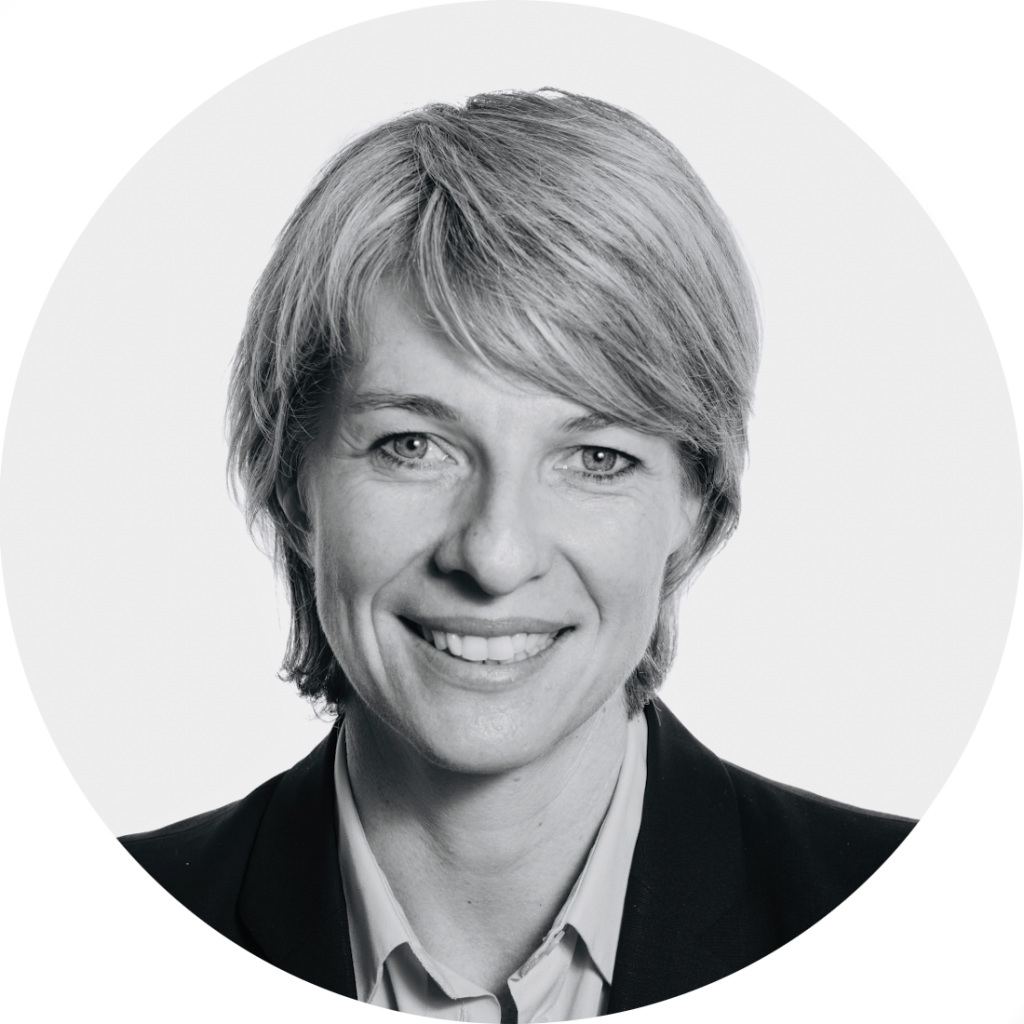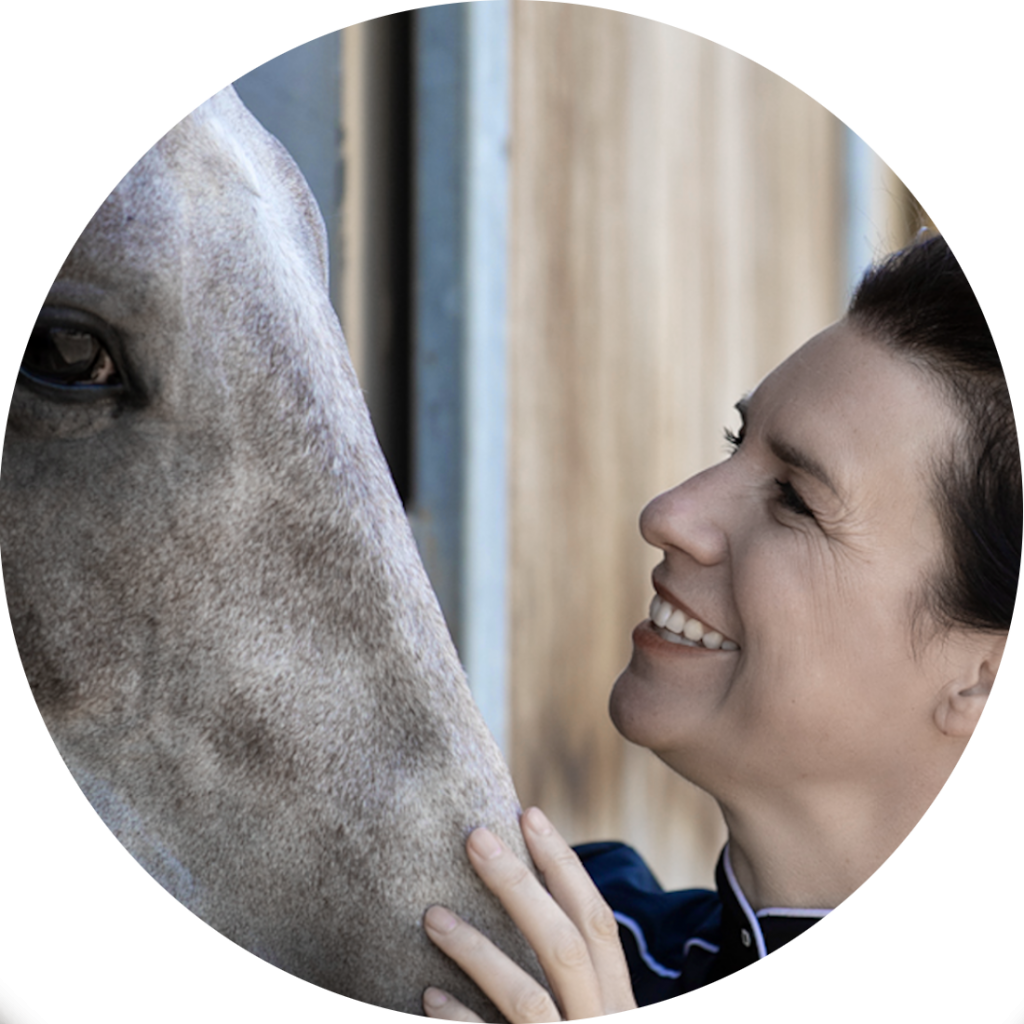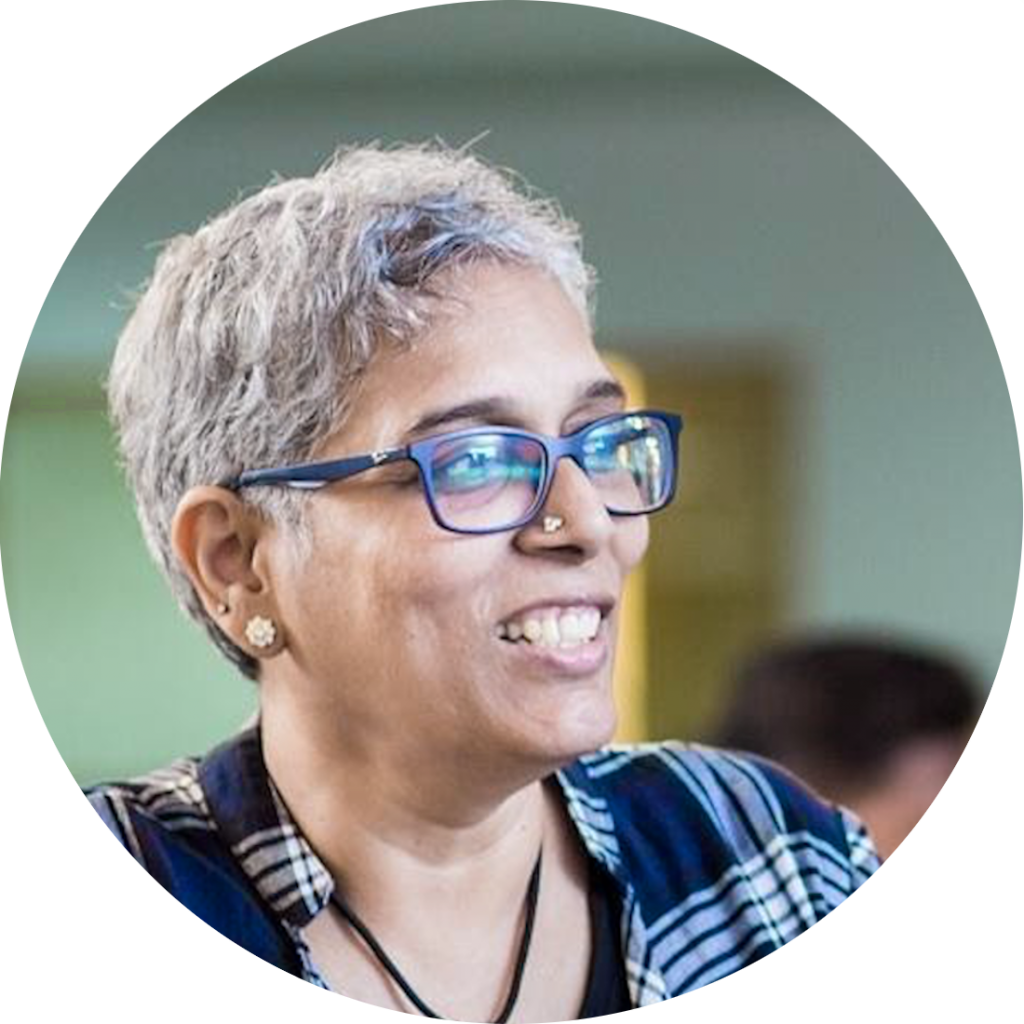🔖 PRESENTATION
Paper (parallel)
📆 DATE
Friday 10 Sep 2021
⏰ MELBOURNE TIME
11.00 am - 1.00 pm
⏰ LOCAL START TIME
time start

Ms Kristina Karlsson
Organisational Consultant, Australia
Kristina Karlsson lives on the lands of the Wurundjeri People and holds an organisation development role with the Victorian State Government. She has over 20 years’ experience combined experience in developing leadership programs, leading teams, facilitation, negotiation, mediation, practising law, developing policy and formulating strategy. These skills have been employed in the native title, emergency management, legal, banking and not for profit sectors.
She was awarded a Masters Degree in Leadership and Management (Organisation Dynamics) from NIODA in 2017, and holds degrees in Law, and English language and literature from the University of Melbourne.
⏰ DURATION
120 minutes
Storm tossed but not submerged: developing individual and collective knowing through group holding environments in organisations during crises and beyond
Evidence suggests that many organisations do not utilise reflective practice in their everyday operations. The benefits of reflective practice to the individual and organisation are well documented in the helping professions, and include developing personal capacity, learning and maintaining quality work. This paper outlines the findings from four group reflective spaces held in two organisations during 2020-2021 and argues for reflective practices to be a standard offering in all organisations.
The paper argues that such holding environments (Winnicott) are legitimate social methods of inquiry that enable individual and collective knowing in response to trauma and increasing uncertainty and change. While reflective practice is a standard offering in the helping professions, the paper argues that there is an even greater need for such regular holding environments in many organisations as they contend with the impacts of the current global pandemic and the transition to hybrid ways of working.
The case studies of reflective spaces were held in two organisations in which the author was a facilitator and sometimes a participant. The paper shows how these spaces acted as holding environments to nurture individual and collective ways of knowing and understanding self and role that benefited the individuals and their organisational communities. Preliminary findings from the case studies show the sessions helped participants better understand the complexities of organisational realities; created a greater sense of connection within their organisational community; enabled agency; and enabled people to transfer knowledge and develop organisational capacity.
The paper contends that reflective spaces are methods which support the idea that emotional regulation and organisational health is something that is more effectively done in groups, rather than only individually. Practices that bring people together to support discovering ways of knowing is not knew: holding environments and other reflective spaces have a long lineage. The paper draws on a broad range of theoretical ideas and practices, including emergencies and trauma (Gordon), holding environments (Winnicott), clinical reflective practice, and group analysis.
As well as outlining the benefits from the case studies, the paper outlines the potential barriers to these spaces being supported and created in organisations and ideas to influence change.
Participants at the symposium will be asked to share their reflections on the use and efficacy of reflective spaces in their own organisations and/or those they have consulted to.
Day(s)
:
Hour(s)
:
Minute(s)
:
Second(s)
Session schedule
5 MINS
Introduction
30 MINS
Paper presentation
20 MINS
Small group discussion; impressions of the paper and developing questions for the presenter
20 MINS
Discussion forum with the presenter; moderated for the speaker to elaborate their ideas
10 MINS
Discussion forum with the presenter; themes from the discussions
5 MINS
Break
30 MINS
Whole symposium open reflection discussion
Share this presentation!
Parallel Paper Presentations
The following are presenting at this time

DR CLARE HARDING
On the outsides of horses and the insides of men: can equine experiential learning fast-track self-awareness, and help us become better leaders and co-workers?

MS KRISTINA KARLSSON
Storm tossed but not submerged: developing individual and collective knowing through group holding environments in organisations during crises and beyond

